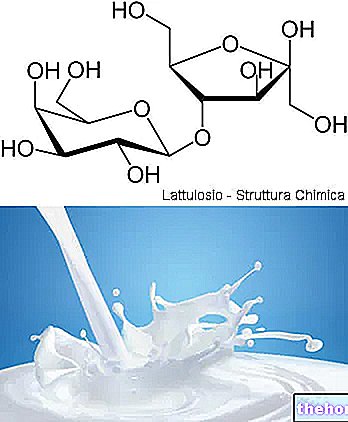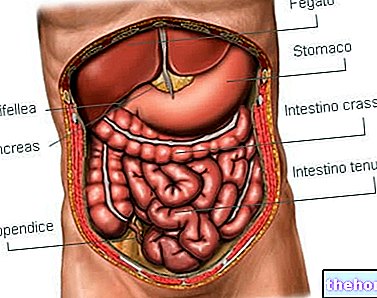Generality
The fecal examination consists in the analysis of a fecal sample collected by the patient in the manner prescribed by the doctor. This examination includes macroscopic (appearance, color, odor, consistency), chemical (pH, fatty acids, blood and other contents) and microbiological (coproculture and search for parasites) evaluations.
When you do

Sample Collection
Regarding the importance of the methods of collection, generally the fecal sample must be: free from contamination of urine, menstrual blood or toilet water, collected after anal hygiene with warm water (without disinfectants) using the special spatula, placed in a sterile container that can be purchased in pharmacies or supplied directly from the laboratory, then refrigerated immediately after collection.




























